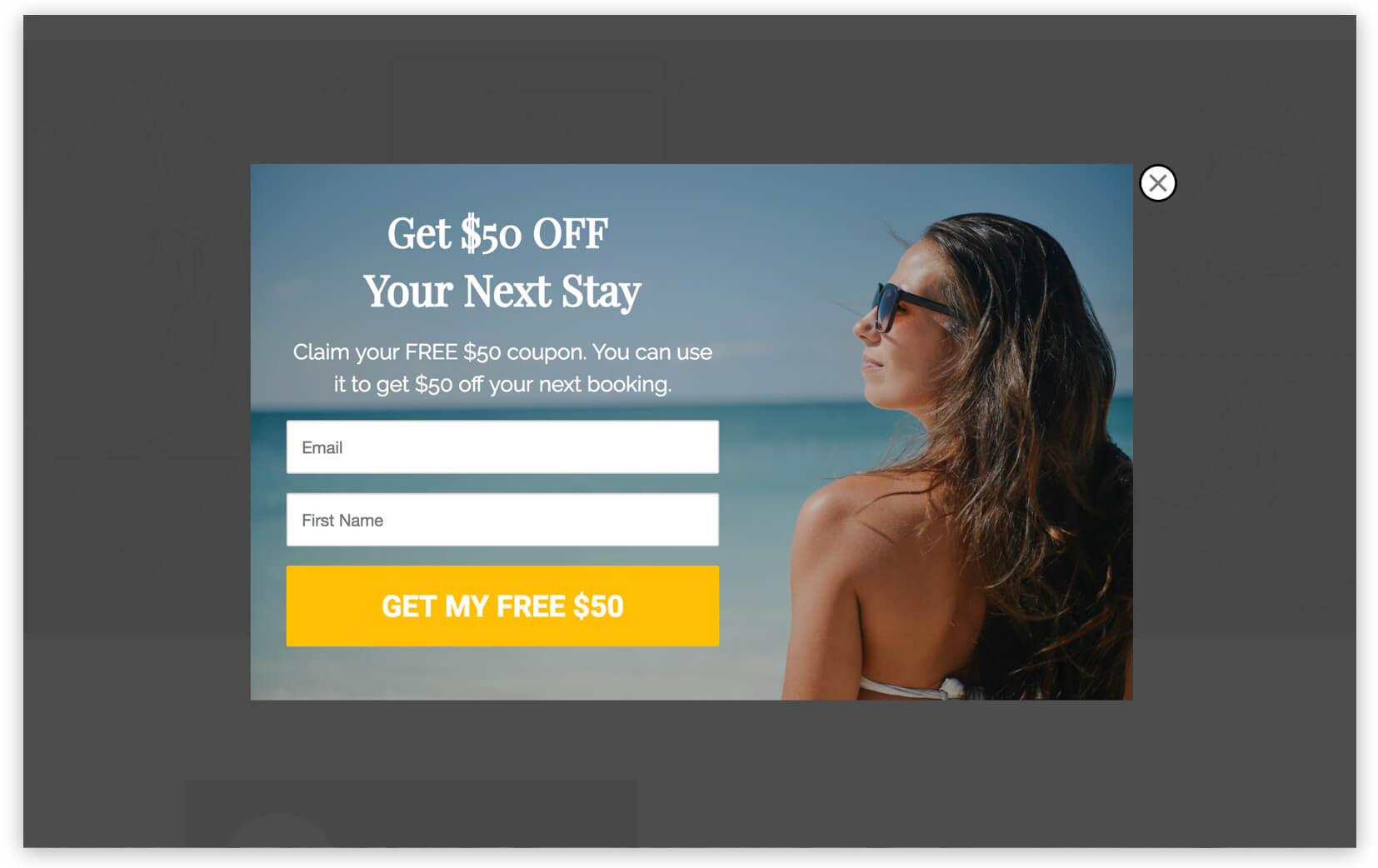
Micro-conversions: Leverage the power of small commitments to improve your conversion rates through pop-ups
Did you know that small commitments, like a click of a button or signing up for a newsletter, can significantly increase your final conversions? These micro-conversions, often underestimated, play a key role in the user journey by reducing friction and enhancing progressive engagement. With the help of strategic pop-ups, it is possible to optimize these intermediate actions to effectively guide your visitors towards a larger conversion. Discover how to harness the power of pop-ups to maximize your micro-conversions and improve your overall conversion rate!
1. What is a micro-conversion and why is it essential?
Conversion rate optimization does not rely solely on major actions, like a purchase or a sign-up. Micro-conversions, these intermediate commitments made by visitors, play a determining role in the progression towards a final conversion.

Definition and role of micro-conversions
A micro-conversion is a minor action that indicates a growing interest in a product or service. Unlike classic conversions, which involve a transaction or strong commitment, micro-conversions facilitate the transition to action by reducing friction.
Examples of micro-conversions:
- Interaction with a CTA (Add to cart, Discover the offer, Learn more).
- Signing up for a newsletter or for a free trial.
- Downloading content (ebook, checklist, webinar).
- Watching a product video.
Why are these actions crucial?
Micro-conversions condition the final decision of the user by establishing a progressive relationship with your brand. They enable:
- Identifying the most engaged visitors and better qualifying leads.
- Reducing the abandonment rate, as users interact before making a final decision.
- Optimizing the conversion funnel by detecting friction points that hinder engagement.
➡ Micro-conversions create a dynamic of engagement that naturally leads to more numerous and higher-quality final conversions.
2. How to use pop-ups to boost micro-conversions?
Pop-ups are powerful tools to encourage visitors to take key steps in the purchasing journey. When used effectively, they maximize micro-conversions by capturing attention at the right moment and reducing user hesitations.

The most effective types of pop-ups for micro-conversions
- Exit intent pop-ups: Displayed when a visitor is about to leave the page, they help capture a contact or offer an incentive (Example: “Before you go, enjoy 10% off your first order”).
- Registration pop-ups: Used to capture leads in exchange for exclusive content (newsletter, ebook, webinar).
- Interactive pop-ups: Polls, quizzes, and engaging forms facilitate data collection and improve user experience.
- Confirmation pop-ups: After adding to cart or taking a key action, they reinforce engagement and increase the chances of final conversion.
Best practices for effective pop-ups
- Optimal timing: Display pop-ups after a certain time spent on the page or during specific behavior (e.g., scroll to 50% of the page).
- Concise and compelling message: Highlight a clear benefit with an effective CTA (“Download your free guide now!”).
- Attractive and non-intrusive design: Adapt the format to avoid disrupting navigation.
- Segmentation and personalization: Offer a message tailored according to the type of visitor (new visitors vs. returning visitors).
➡ Pop-ups, when well integrated into an optimization strategy, transform minor interactions into major conversion opportunities.
Micro-conversions are essential steps to guide visitors towards a final action. By using strategic pop-ups, you can capture their attention at the right moment and maximize engagement. With Poosh, the number one solution for smart pop-ups, you can fully leverage these opportunities to improve your conversion rates and optimize lead acquisition. Don’t let your visitors leave without interacting: integrate Poosh into your strategy today and transform every micro-engagement into a successful conversion!